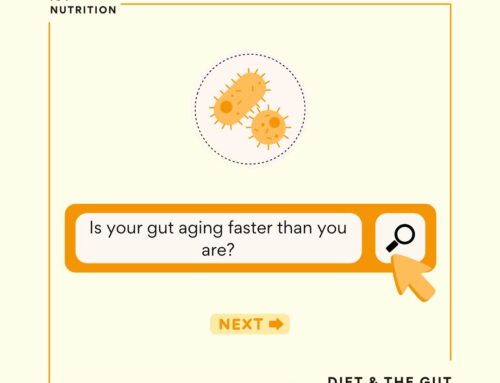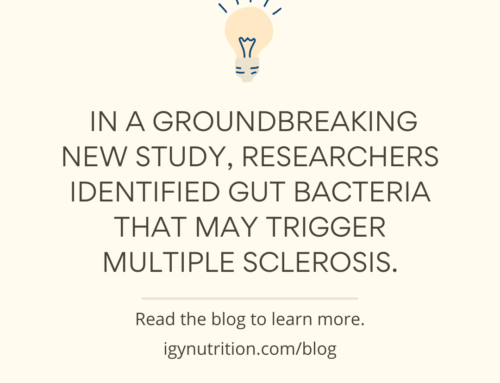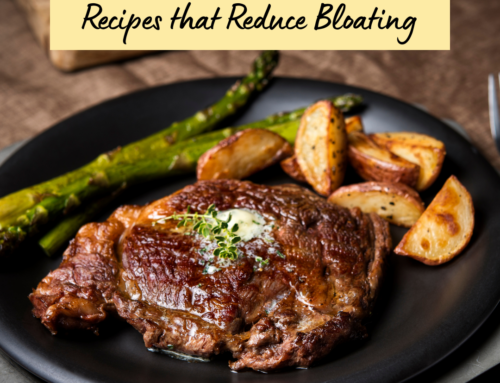A gluten-free diet (GFD) is a diet that omits all sources of wheat, barley, and rye. While it has long been the only treatment for those with Celiac disease, it has recently become very popular among non-celiac individuals with gastrointestinal discomfort. Today it is one of the most popular diets worldwide [1].
However, the question remains: is a gluten-free diet enough to alleviate symptoms such as bloating, gas, or cramping? Considering that many of these complaints are associated with diet, lifestyle, and the associated dysbiosis, a GFD may not resolve all these symptoms.
While the effect of a GFD on the microbiome of healthy individuals has not been clearly identified, a few studies have attempted to address the question.
One such study examined 10 healthy subjects on a GFD for one month. Surprisingly, the results suggested that a GFD actually leads to microbial imbalance by suppressing beneficial bacteria and supporting the growth of potentially pathogenic bacteria, thus worsening symptoms [2].
Another study was designed to assess microbial changes in non-celiac subjects on a gluten-free diet for 4 weeks and found moderate changes in the microbiome. However, despite a decrease in pro-inflammatory bacteria in the gut, a GFD did not cause major inflammatory or metabolic changes in gut function in healthy participants [3].
More studies on a greater number of subjects over a longer period of time may help to clarify this issue. However, due to the less-than-favorable changes observed so far, it has been suggested that changing the main energy source (meat vs. plant protein) has a more profound effect on the microbiome than changing the carbohydrate source (gluten) [4].
Therefore, if you want to prevent or alleviate the issues associated with dysbiosis, it appears that the best approach is still a healthy, balanced vegetable-based diet that includes pro and prebiotics.
References:
-
Catassi C, Bai JC, Bonaz B, Bouma G, Calabrò A, Carroccio A, et al. Non-celiac gluten sensitivity: the new frontier of gluten related disorders. Nutrients. 2013;5:3839–53. doi: 10.3390/nu5103839.
-
De Palma G, Nadal I, Collado MC, Sanz Y. Effects of a gluten-free diet on gut microbiota and immune function in healthy adult human subjects. Br J Nutr 2009; 102:1154 – 1160
-
Bonder MJ, Tigchelaar EF, Cai X, et al. The influence of a short-term gluten-free diet on the human gut microbiome. Genome Medicine. 2016;8:45. doi:10.1186/s13073-016-0295-y.
-
David LA, Maurice CF, Carmody RN, Gootenberg DB, Button JE, Wolfe BE, et al. Diet rapidly and reproducibly alters the human gut microbiome. Nature. 2014;505:559–63. doi: 10.1038/nature12820.
#gluten #glutenfree #glutenfreediet #dysbiosis #celiacdisease #diet #bloating #gas #microbiome #microbialimbalance #microbialdiversity #probiotics #guthealth #healthygut #healthymicrobiome #beneficialbacteria #prebiotics #microbialbalance #bacteria



